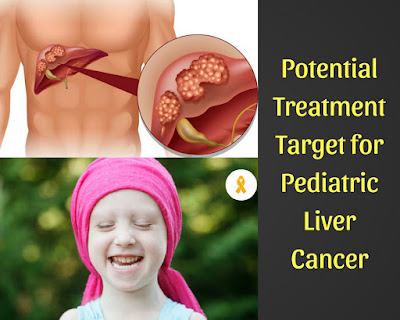Baby’s first gut bacteria come from mum’s mouth
Babies in the womb are
not as shielded from the outside world but the placenta wharves a unique
ecosystem of bacteria which may have a surprising source – the mother’s mouth.
Disturbances of the placenta’s bacterial community may explain why some women give
birth prematurely, and could also be one of the ways that a woman’s diet
affects her offspring’s gut bacteria, and as a result the child’s disease risk.
Various nutrients [in the mother’s diet] are a huge determining factor of which
microbes take up abode in the placenta.
A broad range of
bacteria are present comprising those compulsory for metabolizing some of the
vitamins and nutrients needed by the fetus. The first surprise was that the
bacterial species were most similar to those normally found in the adult mouth,
as contrasting to gut. The fact that the bacterial community found in the mouth
suggests that these bacteria reach the baby either by crossing into the baby’s
blood vessels within the placenta or by passing into amniotic fluid, which is
swallowed by the baby. Giving pregnant animals a high-fat
diet alters their offspring’s micro biome. Many previous
studies have shown that a person’s risk of obesity and heart disease is
affected by their mother’s diet, but it was thought this was passed on through epigenetic mechanisms – chemical changes that switch
the offspring’s genes on or off.
17th International Conference on
Gastroenterology and Hepatology, slated to be held on September 03-04 at Dubai,
UAE, establishes a mutual interaction and cooperation with scientific
researchers in the area of Gastroenterology, Hepatology, colonoscopy, Bariatric
Surgery, Endoscopy, alimentary canal ailments and Gastrointestinal Surgery.
For more details, visit the below link:
Contact:




Comments
Post a Comment